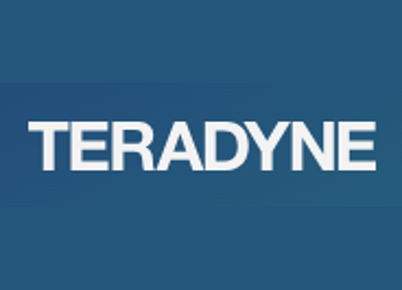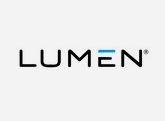Google to build new undersea cable to connect the Indo-Pacific region via Australia
Google and three Australian digital infrastructure companies, Vocus, NextDC and Subco, announced on Tuesday that they have entered into a strategic partnership to build a new 42,500km submarine cable network called Australia Connect, which will significantly increase capacity on routes between Australia, Southeast Asia and the US.
Australia Connect will consist of two cable systems: The Bosun submarine cable will connect Darwin, Australia to christmas Island with onward connections to Singapore, while a new interlink cable will connect Melbourne, Perth and christmas Island.
Strategically located in the Indian Ocean, christmas Island is situated 1,500km to the west of the Australian mainland and only 350km from Jakarta, Indonesia.

"Once operational, Bosun and the interlink cable will deliver new digital pathways for Australia, enhancing the reliability and resilience of the Internet within the country and throughout the Indo-Pacific region," said Brian Quigley, vice president of global network infrastructure at Google Cloud, in a statement.
He added that Australia Connect will complement the Pacific Connect cable network, announced in October 2023, which connects Australia and the West Coast of the US with a multi-terabit ring network through and between Fiji and French Polynesia.
"In Melbourne, the interlink cable will connect to the Honomoana cable system, part of the Pacific Connect initiative, creating a new interconnection point for services from the US to Asia," said Quigley.
The completion date and other milestones for Australia Connect were not disclosed.
Google has embarked on a long-term commitment to building the digital infrastructure in Australia. In 2021, the company launched its five-year Digital Future Initiative in the country, with plans to invest 1 billion Australian dollars (US$651.2 million) in infrastructure, local partnerships and research capabilities.
Based on a 2022 Analysys Mason report, Google's previous submarine cable deployments in Australia will lead to a cumulative increase in GDP of AU$98.5 billion ($64 billion) between 2022 and 2026 and support the creation of around 68,000 additional jobs by 2027.
Vocus' terrestrial network critical to Australia Connect
Meanwhile, Google said it is also working with Vocus "to deliver terrestrial fiber pairs that connect Darwin to the Sunshine Coast, connecting Bosun with the Tabua subsea cable system that connects the United States and Australia to Fiji."
"The combination of the new Australia Connect subsea cables with Vocus' existing terrestrial route between Darwin and Brisbane will create a low latency, secure, and stable network architecture. It will also establish Australia's largest and most diverse domestic inter-capital network, with unparalleled reach and protection across terrestrial and subsea paths," said Vocus interim CEO Jarrod Nink in a statement.
He noted that Perth, Darwin and Brisbane have been the main beneficiaries of this investment and are now emerging as key hubs on the global Internet, taking advantage of the competitive and diverse undersea and terrestrial infrastructure that the Vocus network has established.
Vocus will be able to initially deliver 20-30 Tbit/s of capacity per fiber pair on the announced systems, depending on the length of the segment.
On the other hand, Google and Brisbane-based Subco will work together on Australia Connect by building coordinated cable landing infrastructure at Maroubra in New South Wales and Torquay in Victoria.
They will also construct new infrastructure connecting these sites back to each party's cable landing stations. This infrastructure will support Subco's transcontinental submarine cable system connecting Sydney, Melbourne, Adelaide and Perth and Google's forthcoming trans-Pacific cable systems, Tabua and Honomoana.
"This collaboration allows both parties to harness shared infrastructure, enhancing resilience, speeding up project delivery, and minimizing environmental and community impact," said Belle Lajoie, Co-CEO of Soda Infrastructure/SUBCO, in a statement.
Data center operator NextDC issued a statement that did not provide details of its involvement in the new Australian submarine cable project. However, local media reported that it will build a new landing point for the Tabua trans-Pacific submarine cable, which will connect the US and Australia to Fiji.
The cable is expected to land at NEXTDC's SC1 data center in Maroochydore next year, and the project is expected to provide enhanced cable connectivity with faster, more resilient Internet infrastructure for businesses in previously unconnected markets.
Australian Communications Minister Michelle Rowland welcomed the new submarine cable project, which authorities hope will mitigate the country's exposure to digital interference through the construction of additional undersea cable routes to Asia to the west and through the South Pacific to the US.
"These new cable systems will not only expand and strengthen the resilience of Australia's own digital connectivity through new and diversified routes but will also complement the government's active work with industry and government partners to support secure, resilient and reliable connectivity across the Pacific," said Rowland in a statement.





